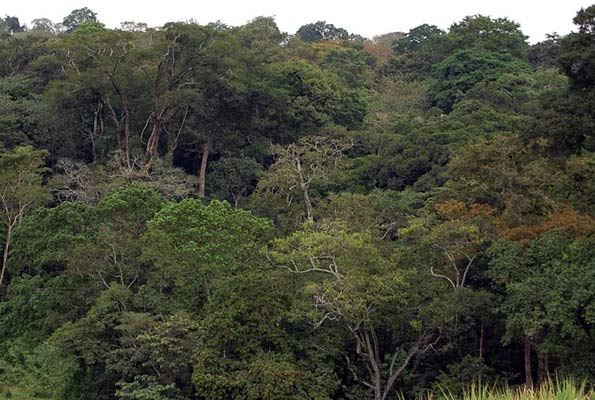At the turn of the decade, Uganda had lost nearly a third of its forests and could lose most of its tree cover in about 30 years unless measures are quickly taken to reverse the situation, environmentalists said but there is hope.
Environmentalists now reveal that great strides have been achieved in reviving Uganda’s forest cover despites massive illegal activities that destroy forests. According to Onesmus Mugyenyi, deputy Executive Director Advocates Coalition for Development and Environment, the situation is not as bad as it was due to certain interventions like increased tree planting speared headed by government ad individuals.
“When you look at the trends now you realise that there is some kind of recovery. There is increased afforestation although the rate of deforestation is still higher as compared to the number of trees being planted,” Mugyenyi says.
Mr. Mugyenyi adds that introduction of the Environment Protection Police which arrests those destroying the environment is a move in the right direction. He says there is need to concerns that include encroachment on forest illegal logging and corruption in the sector.
“There are still a number of challenges that have to be addressed in overlap terms of mandate. You have different institutions and the mandates overlap, there are gaps in condition so you find that different institutions within the environment and natural resources sector are not moving together which is a problem.
Uganda had more than five million hectares of forest in 1990, but only 3.5 million hectares remained by 2005. “If deforestation continues at the present rate, Uganda will have lost all its forested land by 2050,” Mugyengi warns however.
“Climate change does not happen in isolation. It interacts with existing problems and challenges – notably deforestation, soil degradation, declining food security, declining fish stocks – and makes them worse.
Only 10 percent of Uganda’s population has access to electricity, while the rest use biomass as a source of energy, especially firewood for cooking. Areas around Kampala have lost more than 78% of forest land since 1990.
“Because 84 percent of rural Ugandans rely on burning firewood for cooking, deforestation is occurring at an alarming rate,” he said.








Muchas gracias. ?Como puedo iniciar sesion?